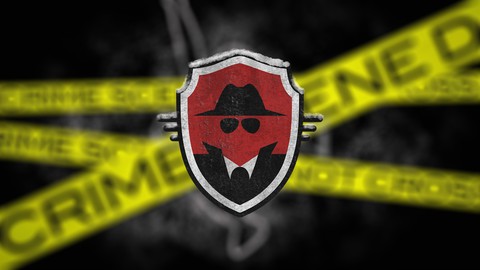
Criminology : Fundamentals of Criminal Psychology and Law
What you’ll learn
-
Criminology
-
Criminal Psychology
-
Biological Criminology
-
The behaviour of Criminals
-
Cyber Crime
-
Organized Crime
-
Fundamentals of Criminology
Description
*Printable online certificate available upon completion of course*
What is criminology?
Criminology is a branch of sociology, which traditionally examines human behavior, interaction, and organization. However, it also ties in research and concepts from other areas of study, such as philosophy, anthropology, biology, and psychology. Criminologists examine a broad range of topics related to crime. They are dedicated to studying not only the causes of crime but the social roots and impact as well. The end goal of criminology is to determine the root causes of criminal behavior and to develop effective and humane means for preventing it. These goals have produced several schools of thought within the discipline, each of which looks at different factors involved in deviant behaviour and comes to different conclusions about how best to approach the issues.
This is a question that is deceptively simple in appearance, but really quite tricky to answer with great certainty. It is tricky partly because, as we will see, criminology is a mixture of different disciplines, differing objects of study and some dispute over where, precisely, its boundaries actually lie and should lie. Importantly, however, the fact that we begin with this question assumes that you are new to this subject. Indeed, that is the underlying assumption.
This Course is designed as an introduction for students who are studying criminology. I have endeavoured not to make too any assumptions about pre-existing knowledge of the subject and, wherever possible, I will hope to begin from basics and work progressively toward more complex ideas or arguments.
Criminology is a strange beast. With origins in applied medico-legal science, psychiatry, a scientifically oriented psychology and in nineteenthcentury social reform movements, for much of the second half of the twentieth century British criminology was dominated by sociology or at least a predominantly sociological approach to criminology. Times are changing again, however, and a new strand of technical and highly policy-oriented ‘scientific’ criminology has been emerging more recently. During the course of this book you will meet all these variants and should learn how to assess their competing claims.
Who this course is for:
- Criminalists
- Forensics






